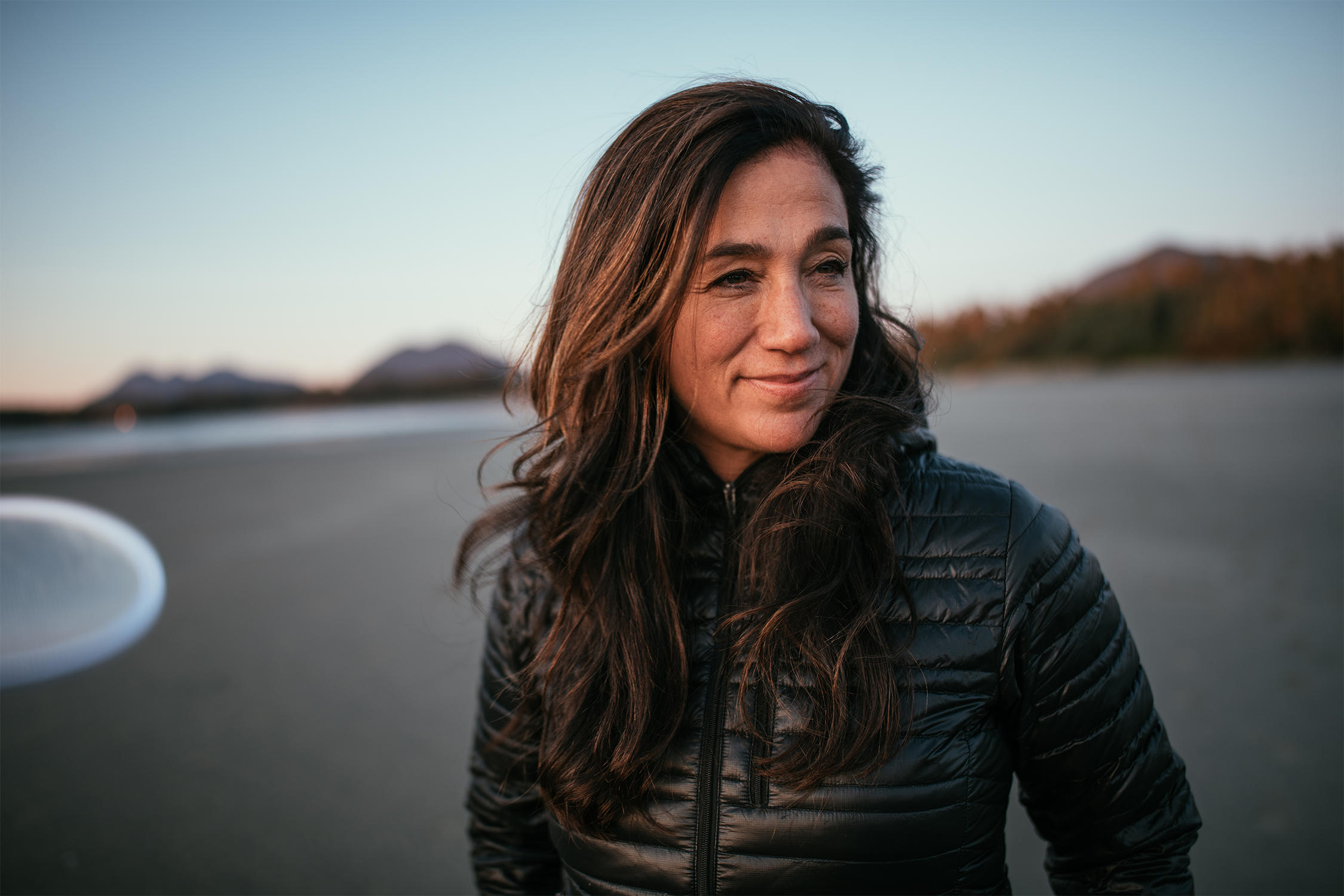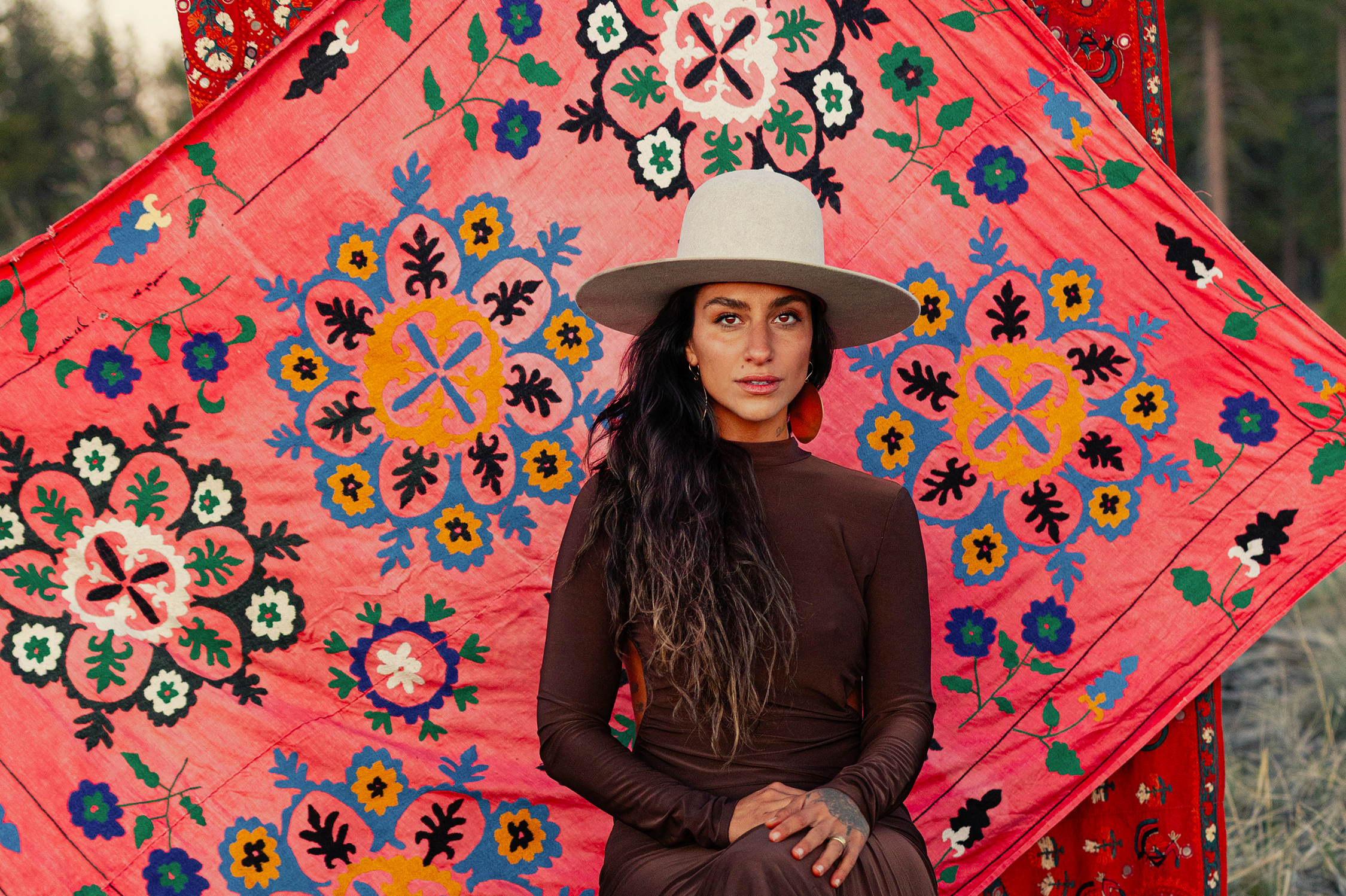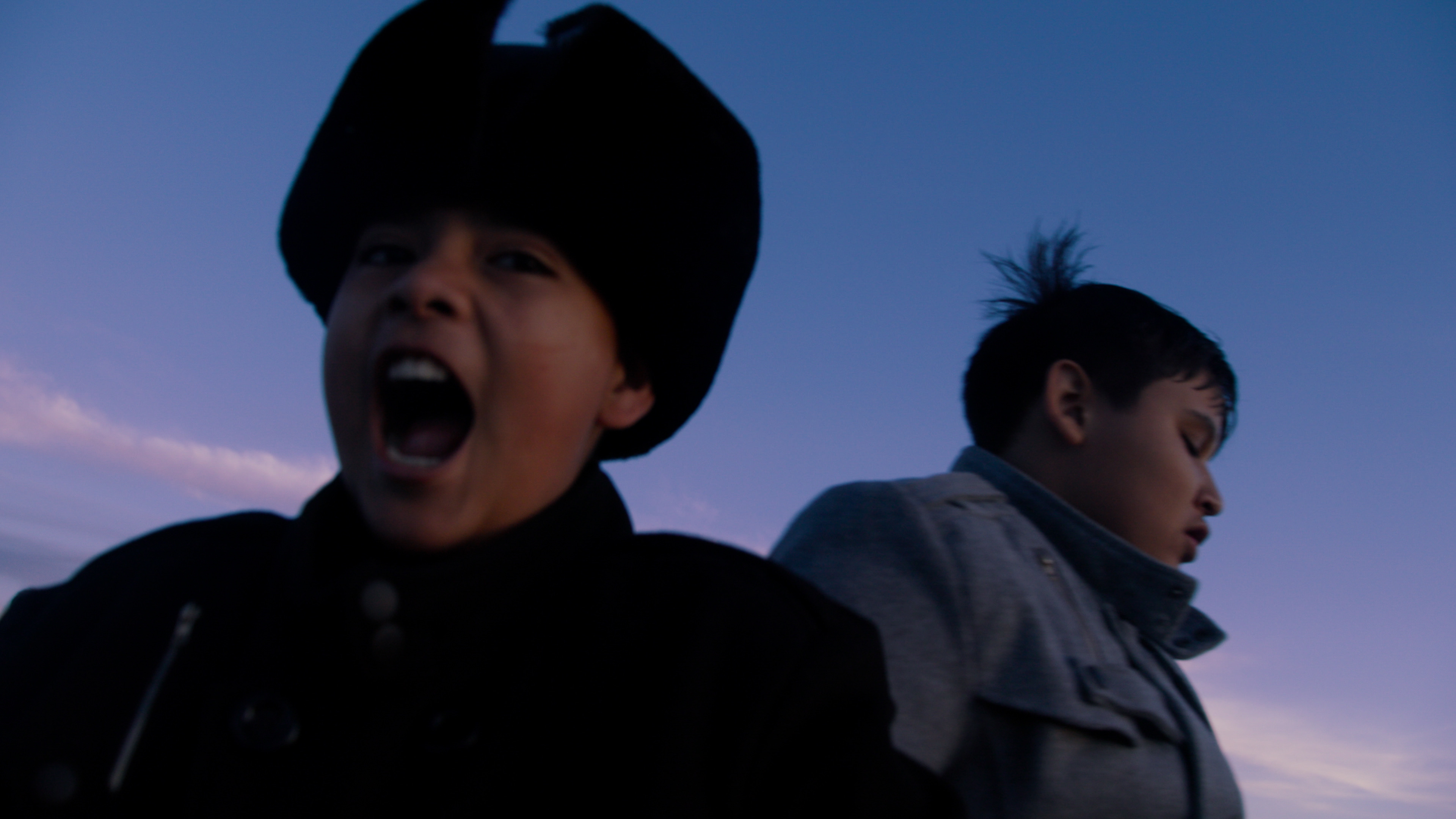
Take Action: Kenya the Worst Humanitarian Crisis Today
Film Aid sent the following report from the frontlines of the drought in Kenya. The Executive Director of Film Aid, Liz Manne (a member of Mountainfilm's Board of Directors) needs your help now.

Greetings from Nairobi, where I have just returned from the Dadaab refugee camp on Kenya's border with Somalia, ground zero for the drought crisis in the Horn of Africa. As you have no doubt seen and heard by now, more than 12 million people are suffering and Wednesday the United Nations officially declared famine.
This is the worst humanitarian crisis in the world today, and the worst to hit Africa in more than twenty years.
I was in Dadaab five months ago when I first took this post at FilmAid. At the time, about 5000 refugees a month were arriving. Last month that figure was 30,000 and it continues to spiral. What was terrible before has morphed into almost unspeakable today.
Tens of thousands have already died of malnutrition in the last few months and more than 50% of the children arriving in the camp are seriously malnourished.
I will spare you the details of what I witnessed at the camp hospital's pediatric stabilization unit. But those kids were the lucky ones - they survived the weeks long trek from Somalia which too many of their siblings did not, and they were getting care.
In a crisis this size, of course food, medical care, and shelter take first priority - and we partner with, support, and applaud the heroic efforts of the UN Refugee Agency (UNHCR), World Food Program (WFP), International Rescue Committee (IRC), Lutheran World Federation (LWF), CARE, Doctors Without Borders (MSF), and others who are rising to meet this rapidly escalating emergency.
FilmAid's role in this crisis is simple - and critical. We provide life-saving information.
To the new refugees, who arrive in the overcrowded and overwhelming camp half-starved and collapsed from exhaustion, our films help direct them how to get assistance - how to access food, shelter and medical care, how to take care of infants and children suffering from malnutrition, how to access safe drinking water, how to get urgent care for the most vulnerable - children who have arrived alone, the elderly and disabled, those subjected to rape or other violence on the journey.
FilmAid's refugee community filmmakers make these informational films in the Somali language, within a relevant cultural context, so the information can be readily understood and is perceived as credible.
FilmAid refugee filmmakers are also playing a critical role in telling their own story to the outside world, in their own voice and their own perspective - something BBC and CNN never could - like in this short video (above).
But given the rapidly-changing situation, we need to be able to make more films and make them faster. We desperately need new cameras, sound, and editing equipment and additional training to get our turn-around time to where it needs to be. There's also the fact that Dadaab is actually three separate camps that are time-consuming and complex to travel amongst especially given the security concerns. In this emergency context, we need to have rapid response capability in all three camps, which we currently do not.
In order to meet these emergency needs, we need to raise $25,000 in a matter of days. Our UK board of directors has already raised close to $10,000, and we're hoping that with your support we can raise the rest.
I'll leave you with one image from my visit to the new arrivals reception center. Amongst the bags of flour, high energy biscuits, tenting material that was being given out by the big name humanitarian agencies, there was a gigantic pile of clothes and new sandals. I thought it must be from CARE or one of the big guys. But no. They were gifts from the refugees of Dadaab themselves to the new arrivals - people who have nothing giving to those who have even less.
Talk about inspiring.
And I thought - the least we can do is meet them halfway.
Please, I urge you to give now and give generously to help us meet our target.
Thank you.
Best,
Liz Manne
Executive Director


